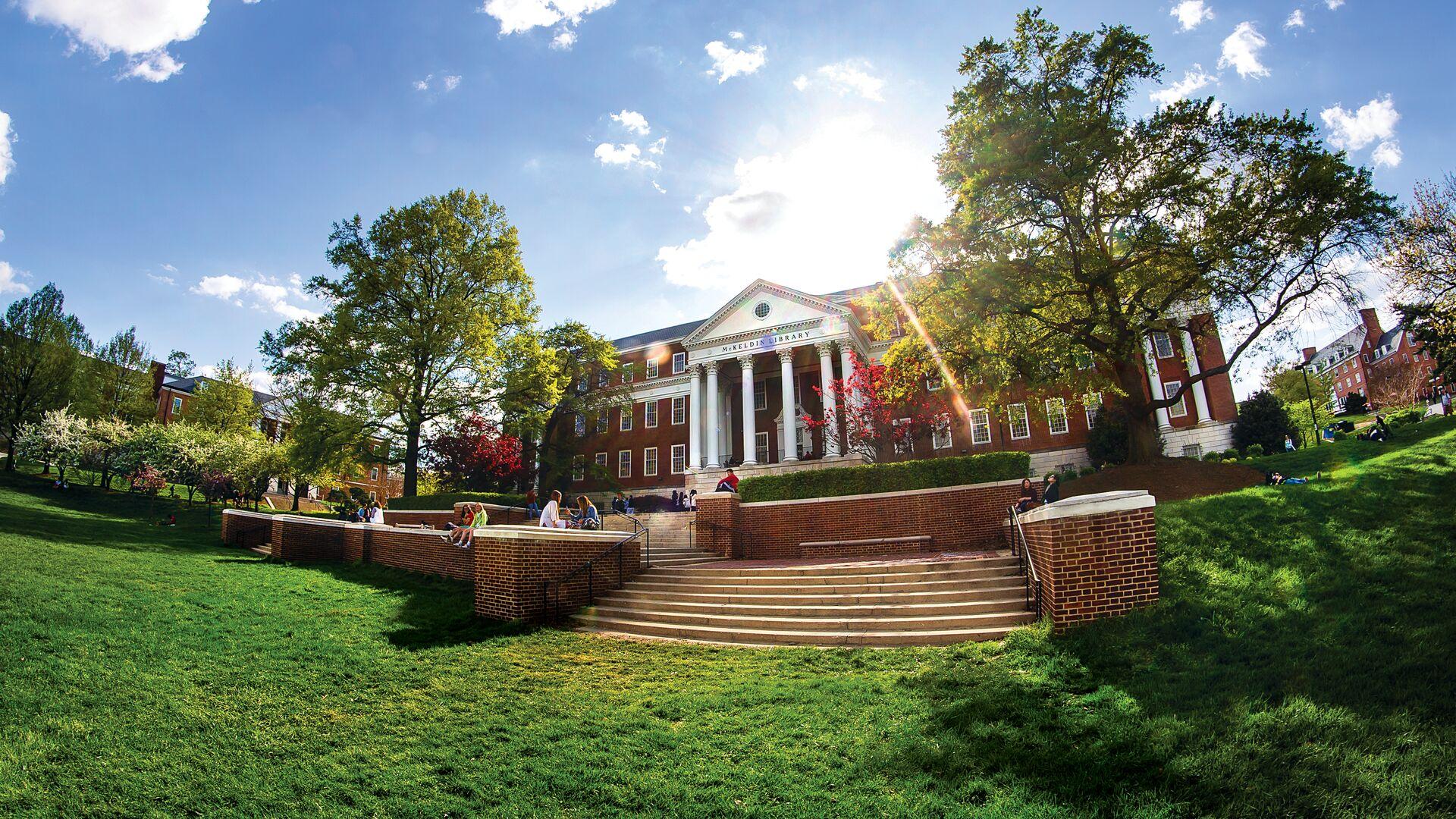News
Displaying 376 - 378 of 762
New Discovery Offers a Glimpse of Our Solar Systems Potential Fate when the Sun Dies
Astronomers have discovered the first confirmed planetary system that offers a glimpse into the fate of our solar system about five billion years into the future. That’s when our sun is expected to exhaust all its nuclear fuel and fade into a white dwarf, or dead star.
Pratyush Tiwary Receives $1.9M Maximizing Investigators Research Award for Precisely Targeted Medications
When Pratyush Tiwary arrived at the University of Maryland in 2017, he hit the ground running.
Research Team Taps AI for Better Cardio Care
The nation’s leading cause of death, cardiovascular disease, is often referred to as the “silent killer” because detecting symptoms early is so difficult. Current testing methods are time-consuming, expensive and inaccessible, especially for low-income and other disadvantaged patients.
News from Maryland Today
University News

What Happens at UMD if There’s a Partial Government Shutdown?
Answers to Frequently Asked Questions
View Article
What Happens at UMD if There’s a Partial Government Shutdown? 
Proposals Sought for Grand Challenges Grants 2.0
External Funding From First Round Nearly Doubled UMD’s Investment in Solving Societal Problems
View Article
Proposals Sought for Grand Challenges Grants 2.0 
University of Maryland Named Top 10 Public Institution in Influential Research Ranking
Annual Survey Puts University Research Spending at No. 14 Overall, No. 9 Among Public Institutions
View Article
University of Maryland Named Top 10 Public Institution in Influential Research Ranking 
